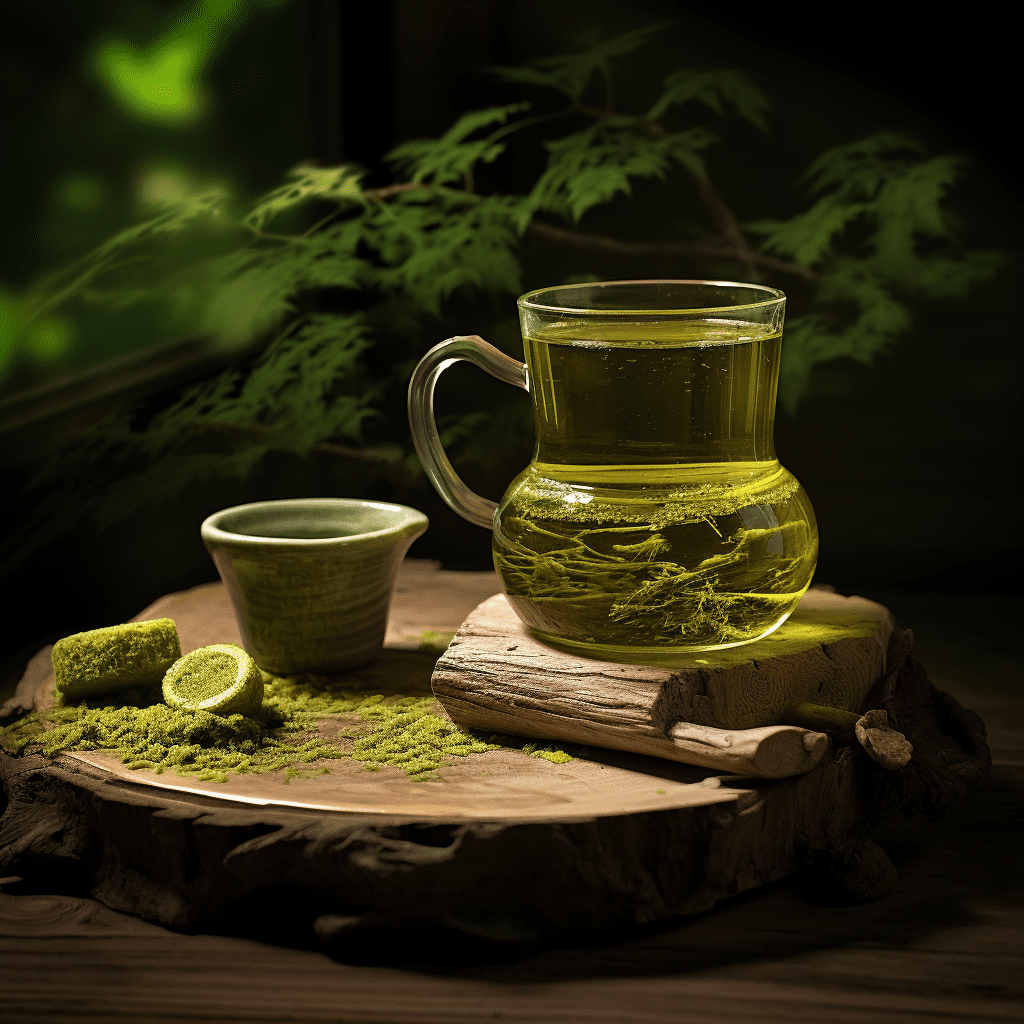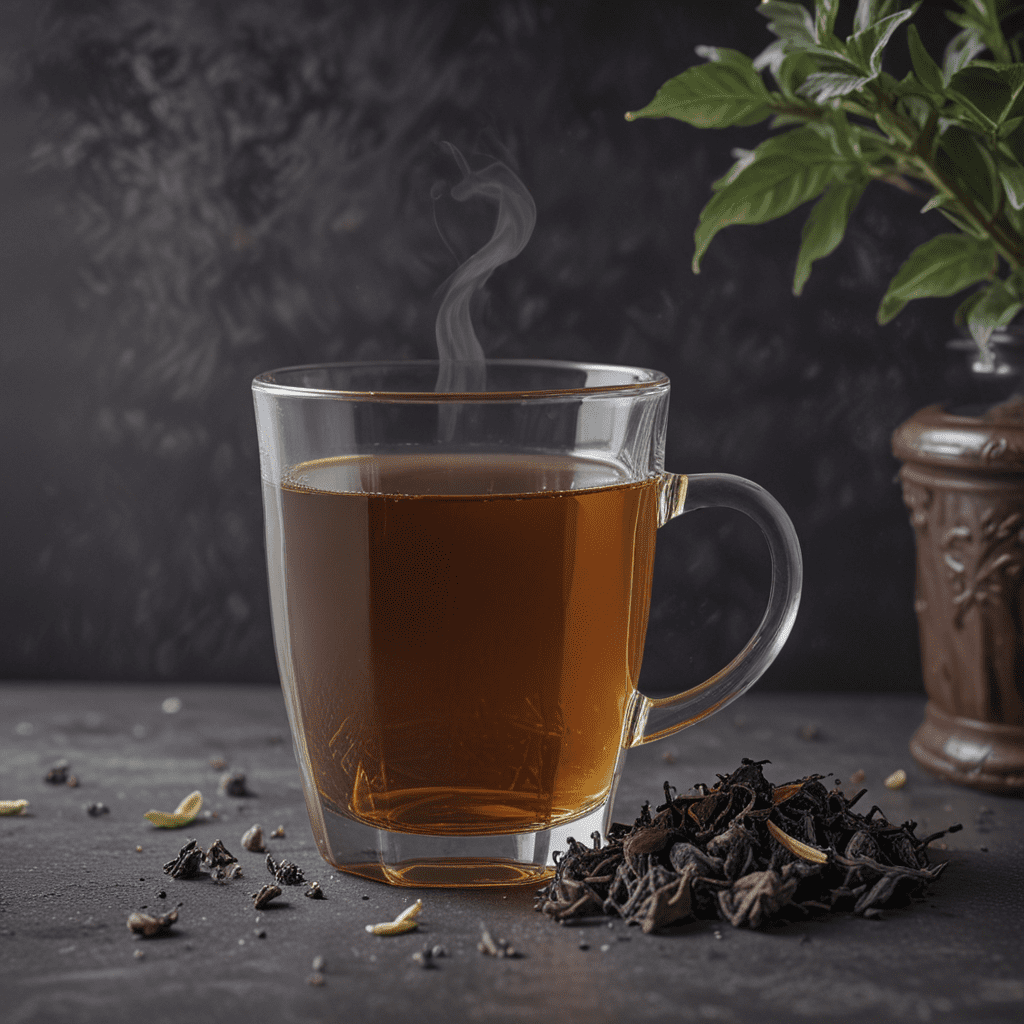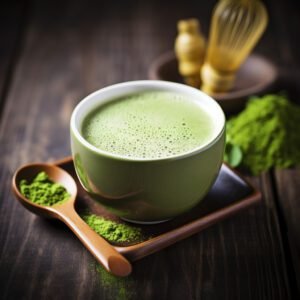
How Long After Drinking Green Tea Can I Take Medicine?
Green tea is a popular beverage known for its many health benefits. However, if you regularly take medication, you may be wondering how it interacts with green tea. In this article, we will explore the relationship between green tea and medicine and address some common questions regarding the timing of consuming both.
Understanding How Green Tea Interacts with Medication
Green tea contains various compounds, including polyphenols, catechins, and caffeine, which can potentially affect the absorption, metabolism, and effectiveness of certain medications. These compounds can interact with enzymes in your body responsible for breaking down drugs, leading to altered drug levels in your bloodstream.
To ensure the maximum effectiveness of your medication, it is important to understand how long you should wait after drinking green tea before taking your medicine.
Factors Affecting the Interaction Between Green Tea and Medication
Several factors influence the interaction between green tea and medication. These factors include:
- Type of Medication: Different medications may interact differently with green tea. Some medications, such as antibiotics, blood thinners, and certain antidepressants, are more likely to be affected by the compounds present in green tea.
Dosage: The amount of green tea consumed can impact the interaction with medication. Larger amounts of green tea may have a more pronounced effect on drug metabolism.
Sensitivity: People differ in how their bodies metabolize medications and process green tea compounds. Some individuals may be more sensitive to these interactions than others.
Timing: The timing between consuming green tea and taking medication is crucial. The effects of green tea compounds on drug metabolism can vary depending on when you consume them in relation to your medication.
Recommended Time Interval Between Green Tea and Medication
While the specific recommendations may vary depending on the medication and individual circumstances, it is generally advisable to wait at least two hours after drinking green tea before taking medication. This interval allows your body to metabolize the compounds present in the tea, minimizing potential interactions with your medication.
It is important to note that waiting longer than two hours can be beneficial, especially if you are taking medications that are particularly susceptible to interactions with green tea. Therefore, if you want to err on the side of caution, waiting for a longer interval may be advisable.
Exceptions and Considerations
There are a few exceptions and considerations to keep in mind when it comes to the timing of consuming green tea and medication:
- Individual Differences: As mentioned earlier, individual differences in drug metabolism and green tea sensitivity can affect the timing of consuming green tea and medication. Some individuals may find that waiting longer than two hours is necessary to avoid any potential interactions.
Consult Your Healthcare Provider: If you are unsure about the specific timing requirements for your medication, it is always best to consult with your healthcare provider. They can provide personalized advice based on your medication, health condition, and individual needs.
Follow Medication Instructions: Always follow the instructions provided with your medication. Some medications may have specific guidelines regarding food or beverage consumption, including green tea.
Frequently Asked Questions (FAQ)
Q: Can I drink green tea while taking medication?
A: In general, it is safe to drink green tea while taking medication. However, it is important to consider potential interactions and adjust the timing accordingly. Waiting at least two hours after drinking green tea before taking medication is advisable.
Q: Can I take green tea extract with medication?
A: Green tea extracts, which are more concentrated than brewed green tea, may have a stronger effect on medication interactions. It is recommended to consult with your healthcare provider before taking green tea extract alongside medication.
Q: Can green tea affect the effectiveness of birth control pills?
A: Green tea is not known to significantly impact the effectiveness of birth control pills. However, it is always best to consult with your healthcare provider regarding any potential interactions.
Q: Can I drink decaffeinated green tea with medication?
A: Decaffeinated green tea contains significantly less caffeine than regular green tea. While it is generally considered safe, it is still advisable to wait for at least two hours after consuming decaffeinated green tea before taking medication to minimize any potential interactions.
Q: Can green tea interact with blood thinners?
A: Green tea is known to inhibit platelet aggregation, which can affect the blood’s clotting ability. If you are taking blood thinners, it is important to consult with your healthcare provider about potential interactions and the appropriate timing for consuming green tea.
Q: Can green tea interact with antidepressant medication?
A: Some antidepressant medications, such as selective serotonin reuptake inhibitors (SSRIs), can be affected by green tea compounds. It is best to consult with your healthcare provider for personalized advice on the timing between green tea consumption and your specific antidepressant medication.
In conclusion, while green tea is generally safe to consume while taking medication, it is important to be mindful of potential interactions. Waiting at least two hours after drinking green tea before taking medication is a good rule of thumb to minimize any potential inhibitory effects on drug metabolism. However, individual differences and specific medications may require adjustments in timing. When in doubt, consulting with your healthcare provider can provide personalized guidance to ensure optimal medication efficacy and safety.


